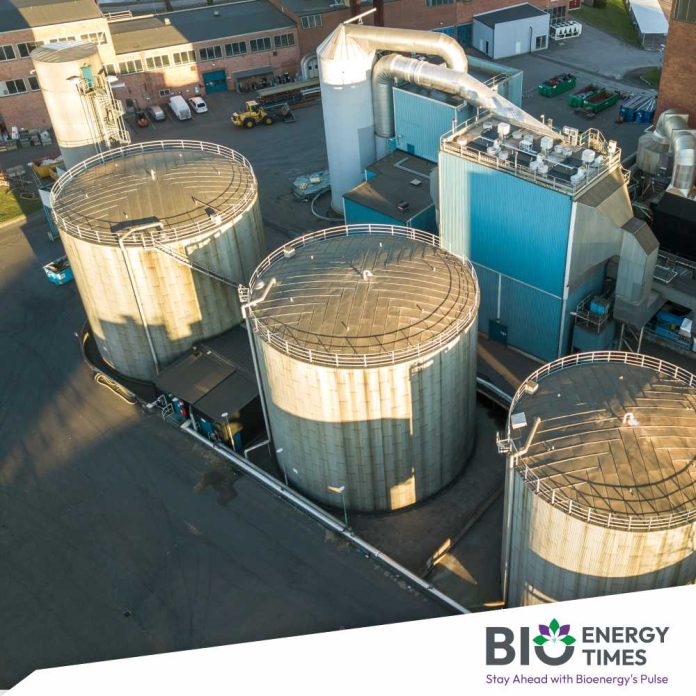New Delhi: Union Minister for Jal Shakti C R Paatil said the government would be renewing its commitment to a national programme on promoting compressed bio-gas, a green fuel, while also smoothening mechanisms for carbon credits in the sector. A review of the progress of the GOBARdhan programme has been made with producers and key stakeholders in the area along with representatives from multiple ministries by the Minister, reports Deccan Herald.
The Minister insinuated the excessive use of chemical fertilizers and a lack of a clear system for trading carbon credits in the CBG sector while interacting with CBG operators. Soil carbon deficiency due to the effects of chemical fertilizers and how this could be restored with FOM and LFOM were cited by the CBG industry.
The industry mooted the question of incentivizing bio-fertilizers for the rejuvenation of soils and wanted more demonstration programmes for farmers. It was also suggested to bundle fertilisers to make them more effective.
It has implored the government to come out with mechanisms for incentivizing the nascent sector. Indeed, this would foster India’s net-zero vision and provide an economic fillip to CBG projects.
In June 2023, the government launched a single registration window for GOBARdhan. This would act as a single-window repository, allowing for investment and smooth setup of biogas plants in the country. GOBARdhan, a programme to convert organic wastes into useful resources like compressed biogas and organic manure, will help to reduce dependence on chemical fertilizers and blending with petrol.
The Union Budget 2023-24 had made provisions for the setting up of 500 such waste-to-wealth plants, thereby giving a fillip to this GOBARdhan plan. India has a total of 113 compressed biogas plants, with another 667 under various stages of execution and a total of 171 planned for construction. In 2020, it was 19 functional units—a several-fold increase.














